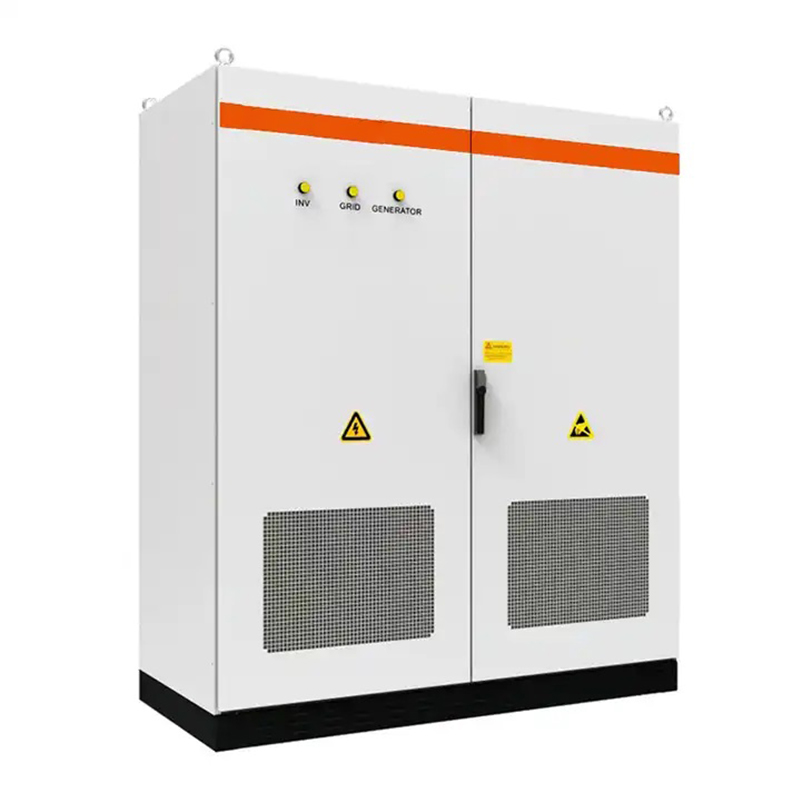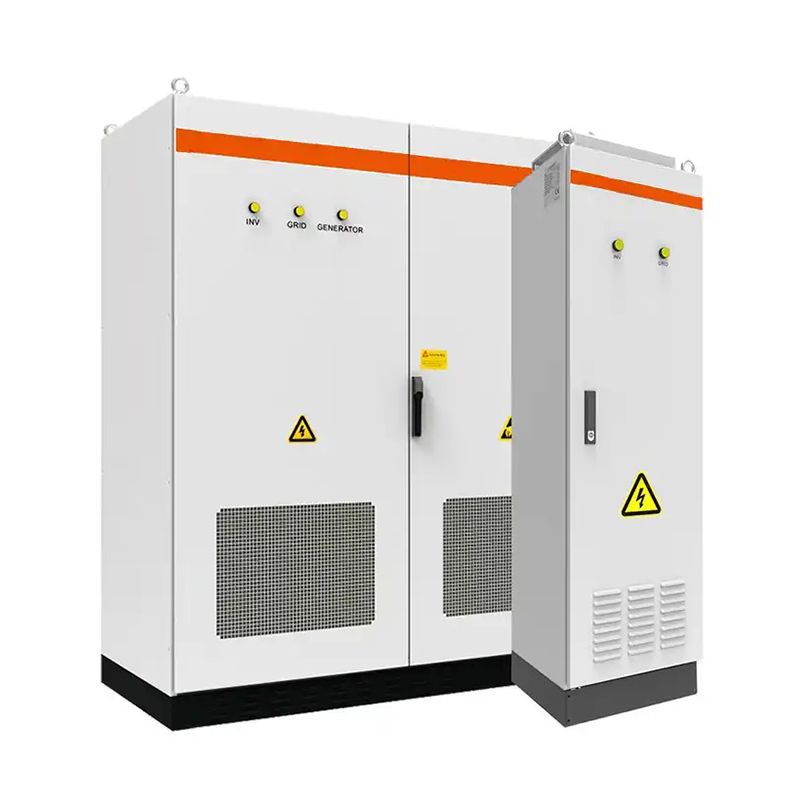In recent years, the demand for industrial and commercial off-grid inverters has surged, driven by the need for reliable and efficient energy solutions. Among these, hybrid inverters have emerged as a particularly popular choice. These versatile devices can seamlessly connect to mains electricity, diesel engines, and lithium batteries, making them ideal for businesses looking to optimize their energy consumption and reduce operational costs. As the inverter manufacturing and technology landscape in China continues to evolve, the customization options available to meet specific customer needs have never been better.

Hybrid inverters are designed to provide a flexible energy solution that can adapt to various power sources. By integrating multiple energy inputs, such as the grid, diesel generators, and battery storage, these inverters ensure a continuous power supply, even in off-grid situations. This capability is especially beneficial for industries that require uninterrupted power for critical operations. The ability to store unused electricity generated during the day in lithium batteries further enhances the efficiency of hybrid inverters, allowing businesses to utilize this energy during peak demand times or when other sources are unavailable.
One of the key advantages of hybrid inverters is their ability to connect to diesel engines for supplementary electricity. This feature is particularly valuable in regions where grid reliability is a concern. By using a hybrid inverter, businesses can maintain a stable power supply while minimizing their reliance on diesel fuel. This not only reduces operational costs but also contributes to a more sustainable energy model. As companies increasingly prioritize environmental responsibility, hybrid inverters offer a practical solution that aligns with their sustainability goals.
In China, the advancements in inverter technology have led to a higher level of manufacturing quality and efficiency. Manufacturers are now able to customize hybrid inverters according to specific customer requirements, ensuring that each solution is tailored to the unique needs of the business. This level of customization is crucial for industries with varying energy demands, as it allows for the optimization of energy usage and cost savings. Furthermore, the integration of smart technology in these inverters enables real-time monitoring and management of energy consumption, providing businesses with valuable insights into their energy usage patterns.

As the market for hybrid inverters continues to grow, businesses must consider the long-term benefits of investing in these advanced energy solutions. With the ability to connect to multiple power sources, including the grid, diesel engines, and lithium batteries, hybrid inverters offer a comprehensive approach to energy management. By leveraging the latest advancements in inverter technology, companies can enhance their operational efficiency, reduce energy costs, and contribute to a more sustainable future. In conclusion, the rise of hybrid inverters in industrial and commercial applications represents a significant shift towards more flexible and reliable energy solutions, making them an essential component of modern energy management strategies.
Post time: Feb-14-2025

